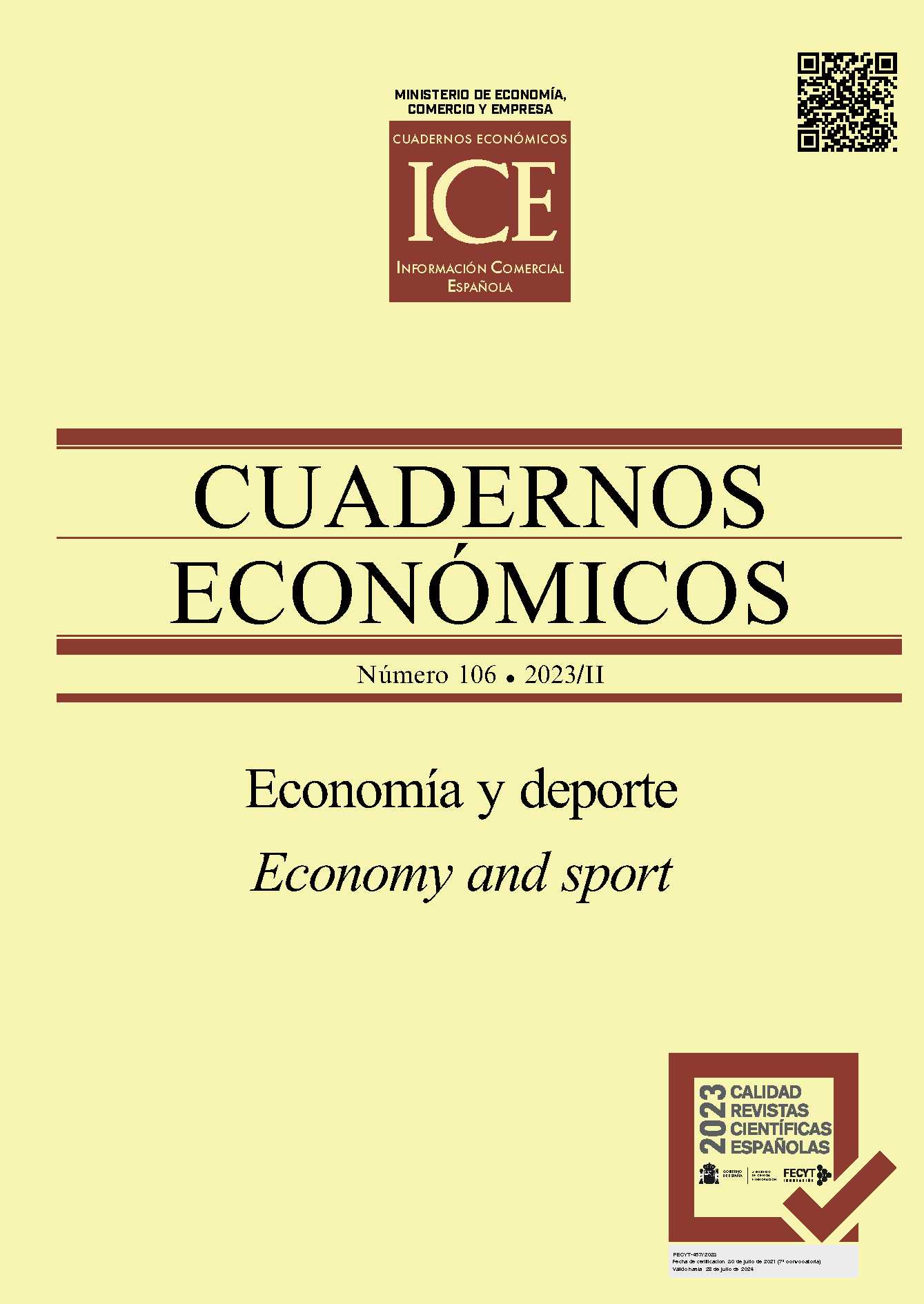Digitization, tools and digital skills within the context of the sports industry
##plugins.themes.bootstrap3.article.sidebar##
Downloads
The digital transformation in sports is here to stay. The adaptation of sports practice,
entertainment and its management require leaders capable of detecting, taking advantage
of and adapting existing tools, as well as developing new ones. The aim of this
study is to synthesize the results of three projects carried out in the Spanish sport sector
sector regarding the implementation of new technologies, the importance of digitalization
and the development of digital skills, through surveys of managerial profiles.
The management tools and trends project analyzed the importance-valuation of the use
of management tools. The NASME project analyzed the development and importance of
management competencies. Finally, in the Digi-Sporting project, the level of use and importance of application of technological utilities was analyzed. Digitalization and technology are not seen as a barrier, but as an opportunity. However, digital skills are
those that present the greatest gap with respect to the current situation and that perceived
as necessary.
##plugins.themes.bootstrap3.article.details##
- Leonor Gallardo, Presentación , Cuadernos Económicos de ICE: No. 106 (2023)
Clavel San Emeterio, I., García-Unanue, J., Iglesias-Soler, E., Luis Felipe, J., & Gallardo,
L. (2019). Prediction of abandonment in Spanish fitness centres. European Journal of
Sport Science, 19(2), 217-224.
Clavel San Emeterio, I. C., García-Unanue, J., Iglesias-Soler, E., Gallardo, L., & Felipe, J.
L. (2020). Drop out prediction in sport centres. Definition of models and reproducibility.
Retos, 37, 54-61.
Clavel San Emeterio, I., Iglesias-Soler, E., Gallardo, L., Rodriguez-Cañamero, S., & García-
Unanue, J. (2016). A prediction model of retention in a Spanish fitness centre. Managing
Sport and Leisure, 21(5), 300-318.
Fahrner, M., & Schüttoff, U. (2020). Analysing the context-specific relevance of competencies–
sport management alumni perspectives. European Sport Management Quarterly,
(3), 344-363.
Fitzgerald, M. (2016). Data-driven city management: A close look at Amsterdam's smart
city initiative. MIT Sloan Management Review, 57(4).
Glebova, E., & Zare, F. (2023). Career paths in sport management: trends, typology, and
trajectories. Journal of Physical Education and Sport, 23(2), 463-468.
Navarro-Galera, A., Ortiz-Rodríguez, D., & López-Hernández, A. M. (2008). Identifying
barriers to the application of standardized performance indicators in Local Government.
Public Management Review, 10(2), 241-262.
Rigby, D. (2013) Management tools, an executive’s guide. Boston: Bain & Company.
Rigby, D. K., & Billaudeau, B. (2018). Management tools & trends 2018. Bain & Company,
Inc.
Ripoll, V., & Urquidi, A. (2010). Herramientas de contabilidad de gestión utilizadas en la
práctica empresarial: una revisión crítica de los trabajos de investigación. Academia,
Revista Latinoamericana de Administración, 44, 1-20.
Silva, B., Khan, M., Jung, C., Seo, J., Muhammad, D., Han, J., Yoon, Y., & Han, K. (2018).
Urban planning and smart city decision management empowered by real-time data processing
using Big Data analytics. Sensors, 18(9), 2994.
Wohlfart, O., & Adam, S. (2019). New Age of Sport Management Education in Europe
(NASME). Recuperado de https://34560e7a-63fc-467f-9ec3-8c9554ad7146.filesusr.com/
ugd/dbfb00_072a07414679444f8f90cc2d22ba5b1e.pdf


